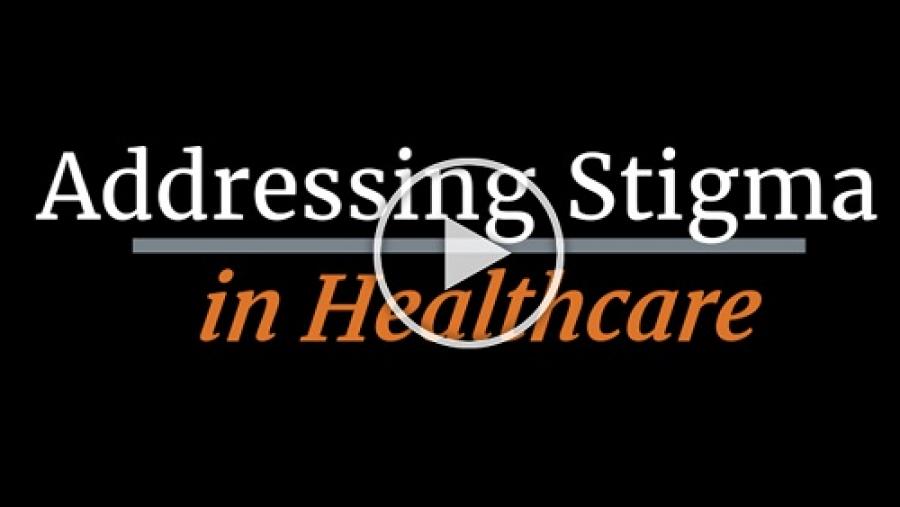Enhancing the National Drug Abuse Treatment Clinical Trials Network to Address Opioids
Overview
The Research Need
The National Drug Abuse Treatment Clinical Trials Network (CTN) was established in 1999 to bridge the gap between research and practice to improve treatment of substance use disorders. It supports rigorous multisite clinical trials to determine the effectiveness of treatment and prevention strategies in a broad range of treatment settings and patient populations. The CTN is organized into multiple nodes located in areas of the country most affected by the opioid crisis and linked by central coordinating centers. Each node conducts research in collaboration with treatment sites that represent the continuum of care for people with substance use disorders.
About the Program
The CTN facilitates collaboration among researchers, medical and treatment providers, patients, and NIH staff to develop, test, and implement new addiction treatments. It expands research into settings that are significantly affected by the opioid crisis but often left out of research projects.
In 2019, the Helping to End Addiction Long-term® Initiative, or NIH HEAL Initiative®, expanded the CTN by funding five additional nodes, strengthening the network by expanding existing studies and starting new research in new locations and settings hit hard by the opioid crisis.
- The Appalachian Node is a collaboration between the University of Pittsburgh and West Virginia University.
- The Great Lakes Node is based at the University of Illinois Chicago.
- The Greater Intermountain Node is based at the University of Utah.
- The Greater Southern California Node is based at the University of California, Los Angeles.
- The Southwest Node is based at the University of New Mexico.
Through these additional nodes, the program is strengthening the CTN’s ability to develop and implement new studies for improving access to high-quality addiction treatment—for example, in general medical settings rather than specialized treatment settings. It is also creating new opportunities for clinical and research training.
See a list of HEAL-funded CTN protocols on the National Institute on Drug Abuse website.
Open Funding Opportunities
There are no Open Funding Opportunities at this time.
Research Examples
Research projects being carried out through the CTN include:
- Comparing two types of medication therapy with buprenorphine for pregnant women with opioid use disorder in real-world settings
- Studying the feasibility of various strategies for initiation of buprenorphine therapy and referral to long-term treatment for patients with opioid use disorder treated in emergency department settings
- Examining whether in hospitals with addiction medicine consultation services, hospital-initiated extended release buprenorphine (XR-BUP), compared to other OUD medications, results in increased OUD treatment engagement following hospital discharge
- Evaluating the integration of MOUD with buprenorphine in trusted, non-medical community settings (including faith-based or secular community centers, churches, mosques, or family support centers) with Peer Recovery Specialists and recovery guide counseling to improve engagement and retention in MOUD treatment of Black persons with OUD
Find information about other CTN studies, including those supported by the NIH HEAL Initiative.
New CTN Nodes
- Appalachian Node – University of Pittsburgh and West Virginia University
- Great Lakes Node – University of Illinois Chicago
- Greater Intermountain Node – University of Utah
- Greater Southern California Node – University of California, Los Angeles
- Southwest Node – University of New Mexico
Existing CTN Nodes
- Big South-West Node – University of Texas Southwestern Medical Center at Dallas, University of Texas Health Science Center at San Antonio California, Los Angeles, and University of Texas, San Antonio, and University of California, Los Angeles
- Florida Node Alliance Node – University of Miami and Columbia University
- Health Systems Node – Kaiser Foundation Research Institute
- New England Consortium – Yale University and McLean Hospital/Harvard Medical School
- New York Node – New York University & Columbia University/New York State Psychiatric Institute
- Northeast Node – Dartmouth College
- Northstar Node – Minneapolis Medical Research Foundation
- Ohio Valley Node – University of Cincinnati
- Pacific Northwest Node – University of Washington and Washington State University
- Southern Consortium Node – Medical University of South Carolina
- Western States Node – Oregon Health & Science University and Stanford University
Coordinating Centers
- Clinical Coordinating Center – The Emmes Corporation (Maryland)
- Data & Statistics Center – The Emmes Corporation (Maryland)
Participating NIH Institutes, Centers, and Offices
Contact
View Other Research Programs in This Focus Area
- Behavioral Research to Improve Medication-Based Treatment (BRIM)
- Harm Reduction Approaches to Reduce Overdose Death
- HEALing Communities Study
- Improving Delivery of Healthcare Services for Polysubstance Use
- Justice Community Opioid Innovation Network (JCOIN)
- Native Collective Research Effort to Enhance Wellness (N CREW) Program: Addressing Overdose, Substance Use, Mental Health, and Pain
- Optimizing the Quality, Reach, and Impact of Addiction Services
- Recovery Research Networks
- The Continuum of Care in Hospitalized Patients with Opioid Use Disorder and Infectious Complications of Drug Use (CHOICE)
 U.S. Department of Health & Human Services
U.S. Department of Health & Human Services



